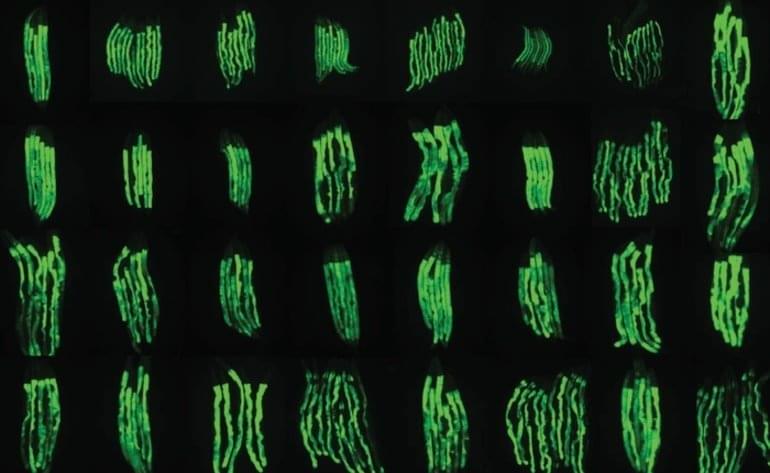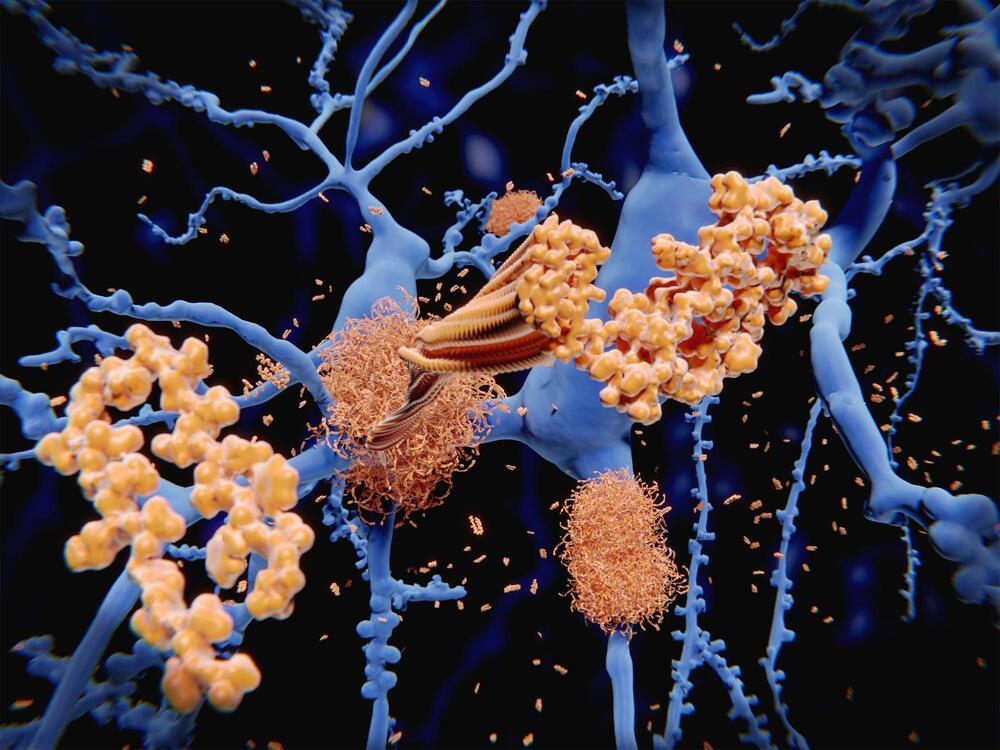US Secretary of Commerce Gina Raimondo has announced that the Commerce Department has established a high-level committee to advise the President and other federal agencies on a range of issues related to artificial intelligence (AI). Working with the National AI Initiative Office (NAIIO) in the White House Office of Science and Technology Policy (OSTP), the Department is now seeking to recruit top-level candidates to serve on the committee.
A formal notice describing the National Artificial Intelligence Advisory Committee (NAIAC) and the call for nominations for the committee and its Subcommittee on Artificial Intelligence and Law Enforcement appears in the Federal Register published today.
“AI presents an enormous opportunity to tackle the biggest issues of our time, strengthen our technological competitiveness, and be an engine for growth in nearly every sector of the economy,” said Secretary Raimondo. “But we must be thoughtful, creative, and wise in how we address the challenges that accompany these new technologies. That includes, but is not limited to, ensuring that President Biden’s comprehensive commitment to advancing equity and racial justice extends to our development and use of AI technology. This committee will help the federal government to do that by providing insights into a full range of issues raised by AI.”








